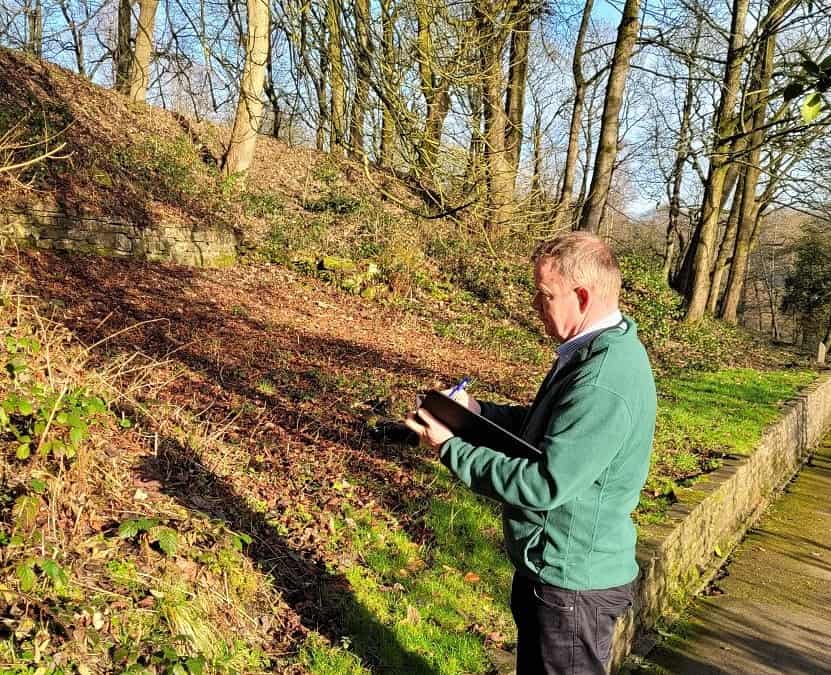The Truth About Japanese Knotweed and Its Impact on Property Values: A Comprehensive Guide
Learn everything you need to know about the truth of Japanese knotweed. Also its impact on property values in this comprehensive guide.
The Truth About Japanese Knotweed and Its Impact on Property Values: A Comprehensive Guide. Japanese knotweed, a fast-growing invasive plant species, has become a major concern for homeowners. Also property developers, and environmental experts alike. Originating from Japan, this plant species has been introduced to several countries, including the UK. The plants have spread rapidly, causing significant damage to buildings, structures, and the environment.
The rapid growth of Japanese knotweed has led to concerns over its impact on property values. Many homeowners and property developers worrying about the effects of the plant on their investments. In this comprehensive guide, we’ll take a look at the truth about Japanese knotweed. Also its impact on property values, providing you with all the information you need to make informed decisions.
Understanding Japanese Knotweed
Japanese knotweed is a fast-growing plant species that can reach heights of up to 20 feet in just one season. This plant is known for its distinctive heart-shaped leaves. And its bamboo-like shoots that can easily penetrate the ground, causing significant damage to buildings. Also to structures, and the environment.
The plant can grow in almost any environment, making it incredibly difficult to control and eliminate. Additionally, its roots can reach depths of up to 3 meters, making it a threat to foundations, walls, and even underground utilities.
The Impact of Japanese Knotweed on Property Values
The rapid spread of Japanese knotweed has led to concerns over its impact on property values. with many homeowners and property developers worrying about the effects of the plant on their investments. However, the truth is that Japanese knotweed can have a significant impact on property values. This makes it difficult to sell or obtain a mortgage on a property that is affected by the plant.
Here are some of the ways in which Japanese knotweed can impact property values:
- Reduction in property value: Japanese knotweed can cause a reduction in property value. With some estimates suggesting that it can reduce the value of a property by up to 25%. This reduction in value is due to the difficulty and cost involved in removing the plant. as well as the potential for further damage to the property if left untreated.
Difficulty in selling or obtaining a mortgage:
Japanese knotweed can make it difficult to sell a property, as many mortgage lenders and buyers are hesitant to:
- If you purchase a property that is affected by the plant. This is because of the potential for further damage to the property, as well as the cost and difficulty involved in removing the plant.
- You could Hire a professional: The best way to deal with Japanese knotweed is to hire a professional. They can assess the extent of the problem and develop a comprehensive plan for removal. A professional will have the necessary experience, equipment, and expertise to remove the plant safely and effectively.
A professional company will be able to assist you
- Be proactive: It’s essential to be proactive when dealing with Japanese knotweed, as the longer you leave the plant.
- Cost of removal: Removing Japanese knotweed can be a costly and time-consuming process. Some estimates suggesting that it can cost upwards of £5,000 to remove the plant from a single property. This cost can have a significant impact on the value of a property, making it even more difficult to sell or obtain a mortgage.
Best way to Deal with Japanese Knotweed on Your Property
If you’re a homeowner or property developer. It’s essential to understand how to deal with Japanese knotweed on your property to minimize its impact on property values. Here are some steps you can take to deal with the plant:
- Hire a professional: The best way to deal with Japanese knotweed is to hire a professional. Who can assess the extent of the problem and develop a comprehensive plan for removal. A professional will have the necessary experience, equipment, and expertise to remove the plant safely and effectively.
- Be proactive: It’s essential to be proactive when dealing with Japanese knotweed, get advice
